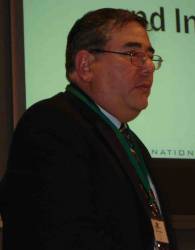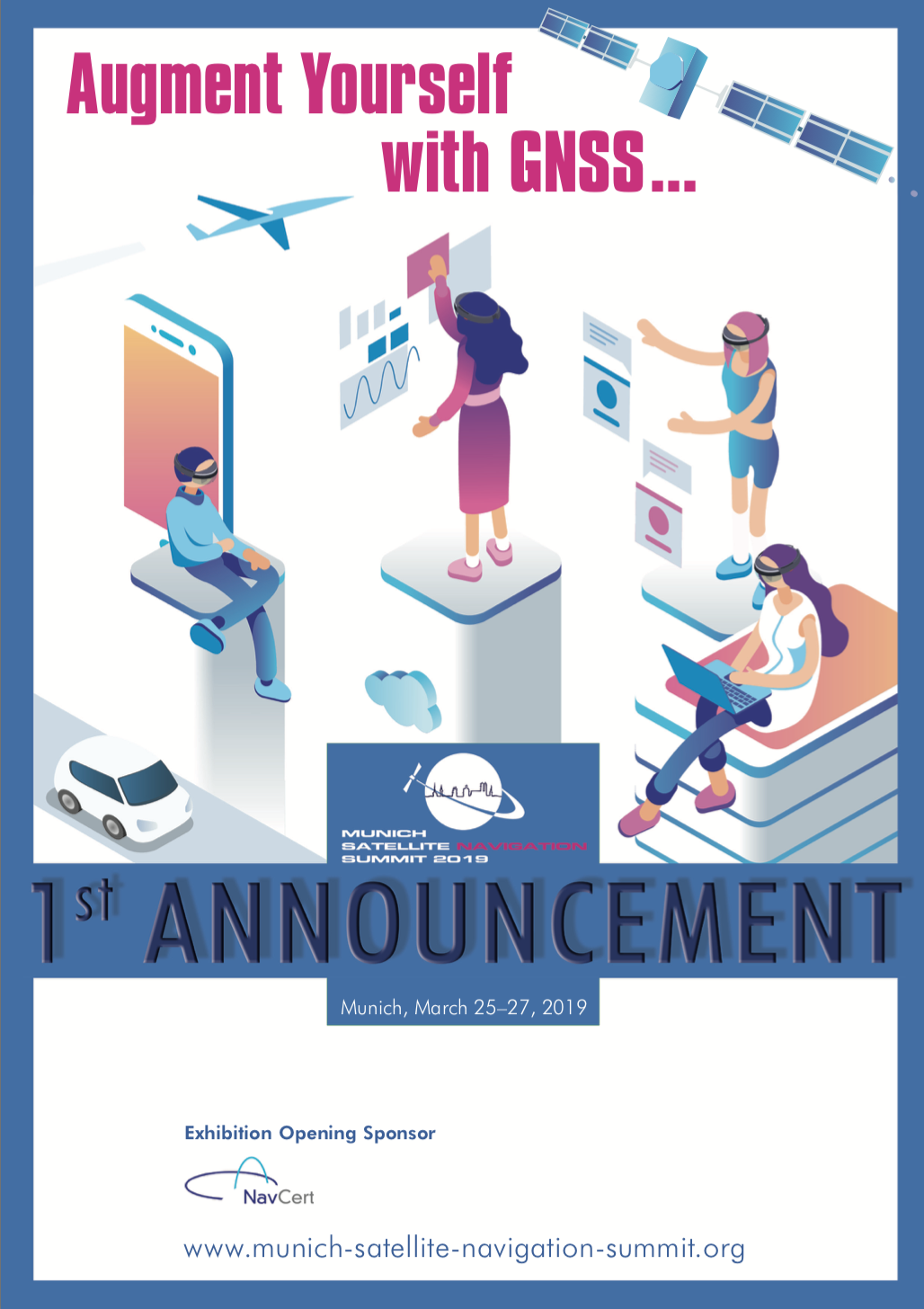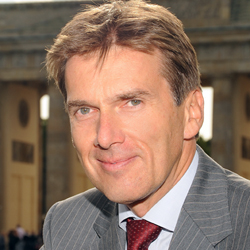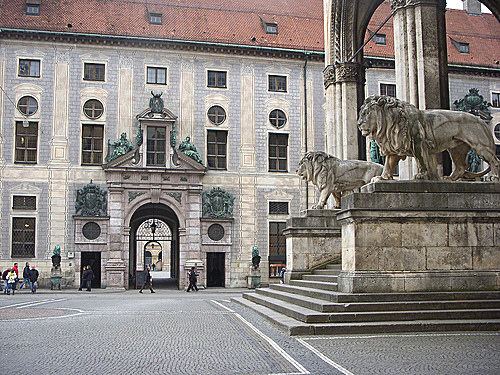 Tony Russo, U.S. National Office for Space-Based PNT
Tony Russo, U.S. National Office for Space-Based PNTAh, another Munich Summit plenary session filled with many already-knowns and former unknowns, the latter mostly conveyed in nuances and bon mots.
More about that in news reportage to come.
But in the event’s venue, a recently restored All-Saints Church under der Residenz, the speakers may have felt a little lingering moral pressure to tell the truth. So, a sampler plate of comments may be in order.
Ah, another Munich Summit plenary session filled with many already-knowns and former unknowns, the latter mostly conveyed in nuances and bon mots.
More about that in news reportage to come.
But in the event’s venue, a recently restored All-Saints Church under der Residenz, the speakers may have felt a little lingering moral pressure to tell the truth. So, a sampler plate of comments may be in order.
Regarding the shortfall in Galileo funds (about €1 billion according to a knowledgeable source at the conference) and the need to go back — eventually — for more money, Paul Verhoef, head of the Galileo infrastructure unit at the European Commission: “It’s an illusion to think that we could do this [build a full-fledged GNSS] with 18 satellites or so, which some are suggesting. . . . I tell you, half a BMW is not a car, and trying to turn it into a bike” is also not cost-effective.
Tony Russo, director of the U.S. National Coordination Office for Space-Based Positioning, Navigation, and Timing, on the proliferation of GNSS systems, satellites, and signals: "There is a risk of hitting the physical saturation point if we’re not careful.”
On the issue of space debris and disposal of defunct GNSS spacecraft, Rene Oosterlinck, head of the European Space Agency’s Satellite Navigation Department and the need for satellites that can be disposed of more effectively: “In 20 or 30 years, there will be a lot of satellites in the [GNSS] orbits. . . . You can’t get rid of space debris once it’s there; so, we need to avoid it in the first place."
Tomorrow the conference comes down from the mountains a bit (or up from the basement) to engage the practical technical issues of competition, cooperation, sustainng various GNSS programs.
I just hope they have the coffee out early. . . .
Inside GNSS editor Glen Gibbons is blogging from the Munich Satellite Navigation Summit 2010.





